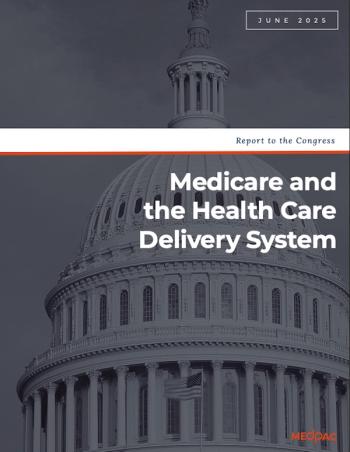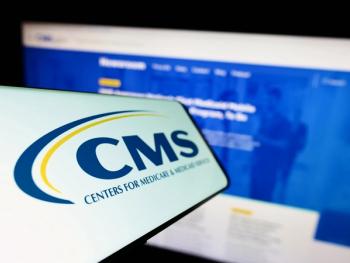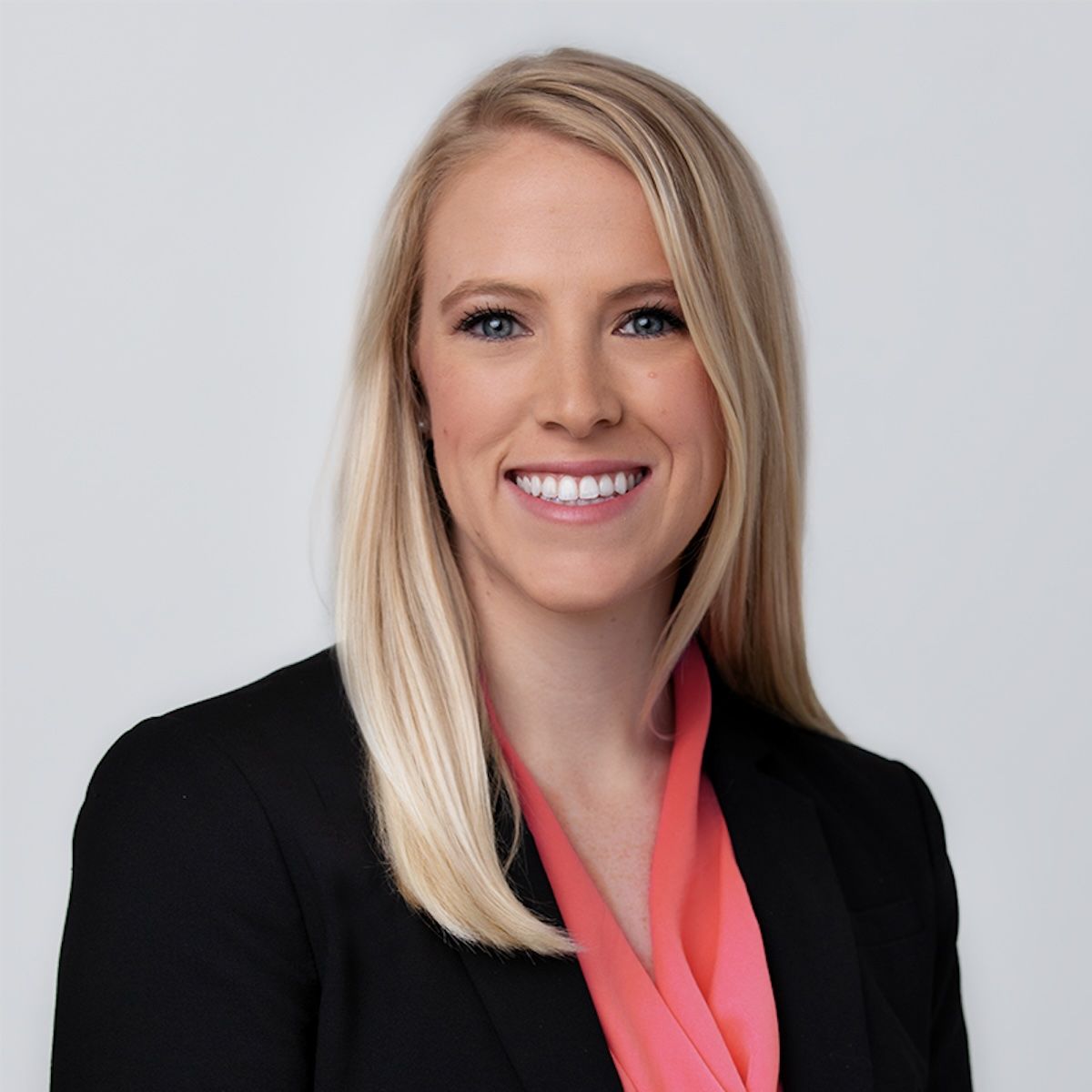
Practice Finance
Latest News
Latest Videos

CME Content
More News

How finding the root cause of allergy symptoms can ease burdens on patients, clinicians and the health care system at large.

Compare the potential strategic options for transactions with hospitals, private equity platforms and other health care companies

Innovative payment models — like pay-first and direct primary care — enhance financial stability and patient engagement for independent practices.

Survey data show that delays, denials and added steps tied to prior authorization are worsening patient outcomes and creating frustration — but AI may help streamline the process.

Pledge to streamline the process comes amid growing public and government pressure, but the previous industry promises in 2018 accomplished little.

What would happen if your most critical team member didn’t show up tomorrow?

Out-of-pocket caps protect high spenders, but many others could see their drug costs rise.

Electronic health records are vital to practice operations. A digital estate plan keeps them accessible

Reimbursement based on Medicare Economics Index will have a cost but ensure beneficiary access, commission says.

AI and data analytics will cut through administrative clutter and enable payers and providers to collaborate proactively, especially for “rising risk” patient groups

Physicians in supported, full-risk VBC models saw more new Traditional Medicare patients and kept panels open longer.

CMS Innovation Center leader outlines strategy for Making America Healthy Again.

Transitioning your medical practice takes careful planning, communication and the right professional support.

Discover how behavior impacts your medical practice outcomes and learn actionable strategies to enhance team performance and drive success.

A discussion with Duke University's Mark McClellan, M.D., Ph.D., about why value-based care hasn’t been adopted more quickly

Discover how effective teamwork in health care enhances patient outcomes, optimizes care management and boosts staff satisfaction in value-based care settings.

What to make of the market right now? Here are insights on factors driving consolidation and strategies to build value in the physician practice management sector.

Aledade and ACOs press CMS to fix benchmarking error that could slash shared savings

Balancing the ledger and the mission with up-front payment solutions strengthens access and revenue.

Survey finds small practices deliver high satisfaction and deeper patient relationships.

AdvancedMD survey shows financial health is top of mind as practices eye payer renegotiations, service expansion and staffing boosts.

Discover how to transform bad news into a competitive advantage for your medical practice, enhancing management and staff alignment for success.

A new study in JAMA Health Forum finds women primary care physicians earn more under value-based models — while delivering better outcomes and fewer hospital visits.

Optimizing revenue cycle management for mental health providers, and how primary care physicians can help bridge the gap.

Health care providers can enhance patient satisfaction by adopting digital payment solutions and transparency, addressing consumer demands for convenience and clarity.









